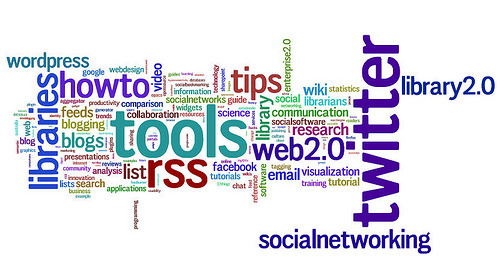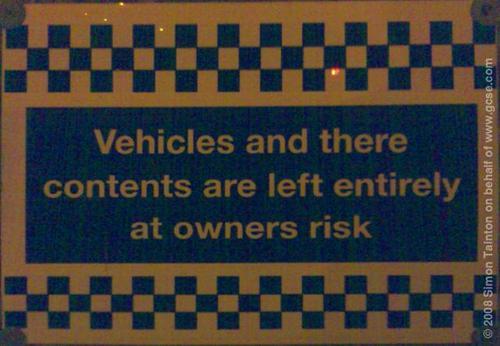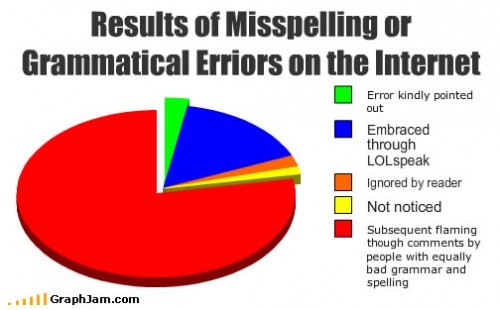
Every day I use the internet. I open up my laptop and log in to the plethora of social networking sites I’ve lovingly crafted to exhibit my personality to the online community. It has become as imperative to my daily activities as my exhalation of carbon dioxide. If I didn’t do it, I would in effect cease to function.
And naturally the main offenders of are:
- Facebook; A blessing that is often a curse. A constant flurry of insight into people of little or no interest, but you find yourself aimlessly scrolling through their recent activities anyway.
- Twitter; Unstructured, random, seldom answered and mostly sentences spoken at rather than to each other. Conversation at its best.
- Blogger; Blogging gives you such a tremendous sense of purpose and self-satisfaction. To me it’s the equivalent to eating olives.

I’m completely unashamed to admit that I log in to each and every one of these websites every single day. I have the applications for my Blackberry also. (Tweeting on the go is like a drug. Spontaneous, totally necessary at the time and an unyielding desire to share the experience with others around you there and then).
But it’s a love-hate relationship, because every day I log in and every day I am accosted by grammatical negligence. Tell me, are you unaware of your latent stupidity or are you simply careless?
Seriously, the question plagues me. And I don’t know which notion bothers me the most. If you’re unaware, then the fact that you have an average degree and/or are earning a modest salary infuriates me. And if you’re careless about how you portray your intellect to the world, then I know exactly what type of person you are. You are a fan of Katie Price and profess to not be able to read in answer to questions about literary interests.
Someone recently informed me that life isn’t an English lesson, via Formspring of course, no one would have the guts to say that to me in person. (Which also goes for the all of the other poisonous jabs on there).
And it got me thinking, how amusing it would be to put together a list of the most irritating grammatical faux pas. So, here they are...
PUNCTUATION
Apostrophes. They’re not that difficult to comprehend.
Your / You’re
Your is a possessive pronoun. As in, your house or your inability to grasp the basics of your native language.
You’re is a contraction of you are.
Example: You’re a moron for not knowing the difference between your and you’re.
Its / It’s
Same principle. It’s is a contraction of it is or it has.
Example: It’s been good to know you but not your illiteracy.
Its is a possessive pronoun, meaning of it or belonging to it.
Example: Your writing is known for its inability to make sense.
And if you’re still unsure just don’t use one.

CONTEXTUALISATION
This is the one that infuriates me more than any other. Using words in the wrong context. It’s great that you’re using that ‘Word of the Day’ toilet paper but the object will have been defeated if you use it incorrectly.
Knowing the meaning is only half the battle when trying to use it in a sentence.
Their is a possessive word that shows ownership of something.
There is a word with many uses, indicating a place or position.
Example: Their braincells are less active than ours, as there was a lack of oxygen present when they were born.
Wary / Weary
These adjectives may sound similar, but their definitions are another story.
If you’re weary of someone, you’re tired or bored of them. If you’re wary, you’re cautious of them.
Example: Sam, I’m weary of this patronising post now, but I’m going to continue reading because I’m wary of you and what you’ll do if I don’t.
A/Effect
Affect is a verb. It acts upon something, someone or an emotion.
Effect is a noun. It is the result or consequence of something.
Example: The poor grammar affected me, the effect was rage.
MISSPELLING
(Note the double s)
This is unforgivable. Why? I just typed the word unforgivable and mistakenly typed an e between the v and the a. It’s a common error. A red squiggly line appeared underneath it immediately after I hit the space key, alerting me that something was wrong. So I right clicked, (because I’m a Windows user and it’s unnatural not to have a right click button), and perused the suggested alternatives until I found the right one. Rocket science?
You feel wierd do you? Do you really? No, you don’t. You are weird though, for thinking the i comes before the e.
You loose. Excuse me? I loose? Now you’re making a conscious effort to look stupid by adding letters. I think you meant to say I lose. Looser. Oh, you recognised that was wrong did you? Jerk.
I don’t know weather I should be allowed to live because I’m clearly not talking about sunshine, or snow or typhoons or anything else in regards to the state of the atmosphere. Whether. You meant to say WHETHER. Also, it’s Wetherspoon. It is NOT Witherspoons/Weatherspoons/I can’t think of any others. Sometimes it’s ‘Spoons. But only if you’re under 35. Actually 30.
Alot. I’m sorry what’s that now? Why haven’t you used a space to separate those two separate words? A lot. See? Easy. You don’t say abatch/apack/apile do you? I hope not. So don’t say alot. Use a space. Space is good.

POPULAR FOREIGN PHRASES
I.E / E.G These Latin abbreviations come up frequently and are infrequently used correctly.
I.E is an abbreviation of id est. English translation: that is. It is used to make something more clear.
I’m going to do what I do best, i.e be sarcastic. There’s only one that thing that I claim to do best and by using i.e I’m telling you I’m about to specify it.
E.G is an abbreviation of exempli gratia. English translation: for example. This is used when you are not intending to list everything which is being discussed.
I have a lot of negative qualities, e.g sarcasm. Instead of listing them all, I’ve given you an example of the one which gets me into the most trouble.
En Route
This is a French phrase, which translates as, “on the way” or “along the way”.
It is NOT to be written as any of the following: en-route / En route / En-route or any other other spelling variation.
If you’re not sure, don’t write it! Or take the trouble to Google it at least. Honestly, that’s what Google is there for after all.
And that’s all you really need to do if in doubt. Just Google it. Majority influence rules.










No comments:
Post a Comment